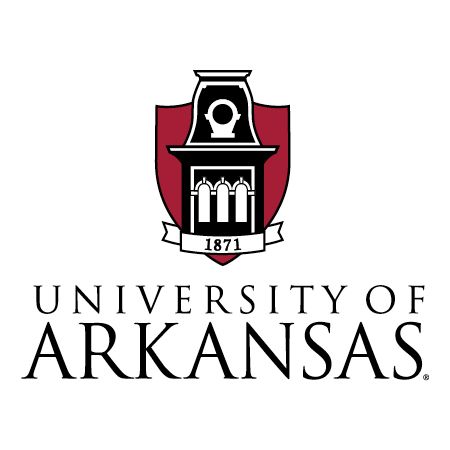FAYETTEVILLE, Ark. – After studying the matter and determining it can save hundreds of thousands of dollars per year, Print-Mail-Copy Solutions at the University of Arkansas has decided that effective July 1, 2016, it will no longer provide the service of offset printing.
Of the 39 positions in PMC solutions, 16 positions specific to offset printing duties will be eliminated on July 1, 2016, while 23 positions will be retained to serve the digital printing, mailing and photocopying needs of the campus. The University of Arkansas will work with those who wish to remain at the university by evaluating those who fit other job openings, or by assisting those seeking retraining or choosing to take jobs requiring less training.
The announced change does not affect the scholarly works published by the University of Arkansas Press, which is a separate unit altogether.
PMC Solutions offers graphic design services, on-campus mail delivery and departmental pick-up and distribution, a full-service post office, digital printing and photocopying services as well as providing departmental photocopy machines and service campuswide.
“While most people don’t want to hear their position is being phased out, our plan is to give ample advance notice to the 16 affected employees, giving them approximately two years to make an orderly transition to other employment or to plan for retirement,” said Tim O’Donnell, interim vice chancellor for finance and administration. “Some employees might undergo re-training or take jobs requiring less training, and we will work with those who wish to remain with the university to find a position that fits their qualifications.”
PMC Solutions will continue to meet its offset printing commitments as it winds down these services over the next 24 months. The university’s existing offset printing equipment will be sold as surplus, and a small reinvestment in printing services will be made to meet the equipment requirements of a modified set of in-house services tailored to better serve the institution’s needs.
While the university still has a need for offset printing services, the reduced needs can be better and more economically met through a mix of in-house services and purchasing from vendors.
“The print industry has changed vastly over the past 10 years, with the explosion of web-based communications,” said David Martinson, associate vice chancellor for business affairs.
“This trend has made competition for printing business even greater – with the larger print houses that offer high-speed, large format printing able to offer superior economies of scale,” said Martinson, who is retiring on July 31. “We simply don’t have the business volume to run our press multiple shifts, which is the industry standard in order to be profitable. In fact, many printing operations in the private sector and on college campuses across the nation have been forced to make similar changes, discontinuing offset printing as a campus service. The university has made a great effort to turn around the business side of its printing operation, and the staff has known of this possibility for several years.”
University officials considered the financial viability of PMC Solutions’ offset printing unit in 2009 and decided to continue operation — but with an enhanced effort to control costs and generate additional revenue. Campuswide departments were widely encouraged to use PMC Solutions as the vendor-of-choice for offset printing needs. Also, efficiencies in the print process were introduced as further cost-containment measures.
PMC Solutions’ offset printing is what is known as an auxiliary service, meaning it must earn enough revenue to cover its operations. Its offset printing operation has been operating at a loss for a number of years, with losses balanced out by the revenue generated from the digital printing, copy and mailing services.
“As a university we monitor all areas of operation to find the most efficient, cost-effective way to operate all activities, including auxiliaries, to help reduce the overall cost of college for students,” O’Donnell said.
“Eliminating this function from the portfolio of services we provide will result in projected savings of several hundred thousand dollars per year and is essential to our mission of supporting teaching, research and service in the most efficient and cost-effective manner possible,” he said.
PMC Solutions’ printing unit provides offset printing services to other state agencies in addition to the Fayetteville campus. About 52 percent of its $1.4 million print unit revenue is generated from internal billing from university departments, while 49 percent of the printing unit revenue comes from external clients, mostly other state universities and state agencies.
Of the 16 positions being eliminated, 15 are classified and one is non-classified.
“This is a difficult choice, but we’re optimistic that the ample lead time plus access to campus employment services will provide our people with a maximum of opportunities,” O’Donnell said.
Topics
Contacts
Laura Jacobs, associate vice chancellor
University Relations
479-575-5555, laura@uark.edu
